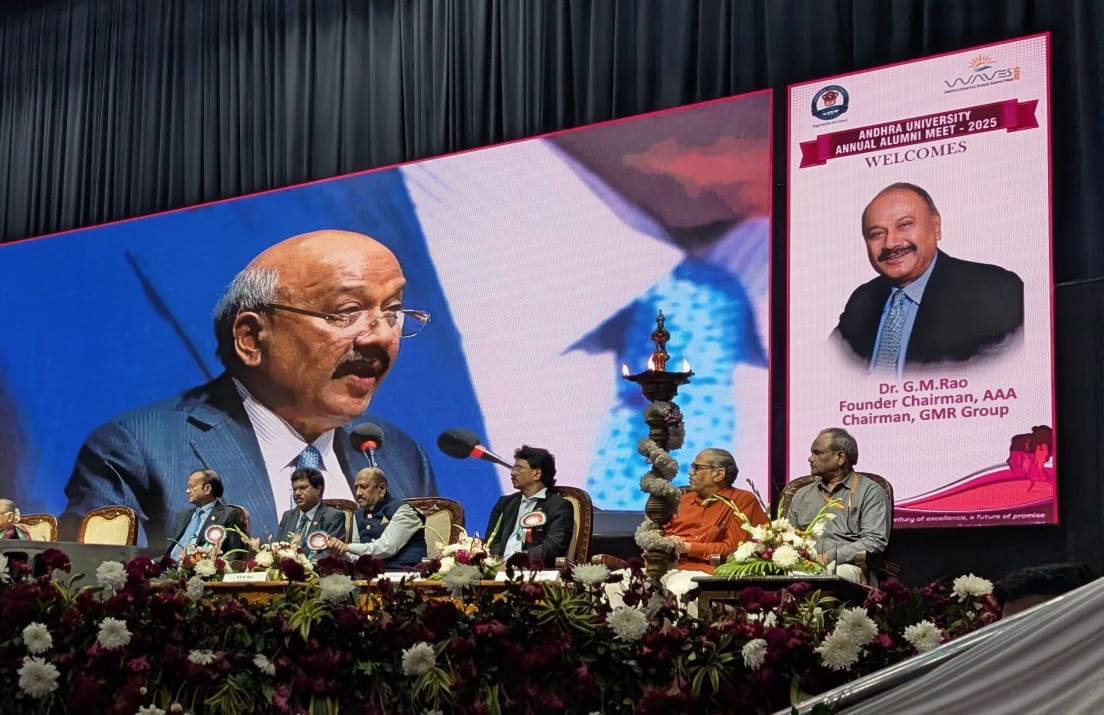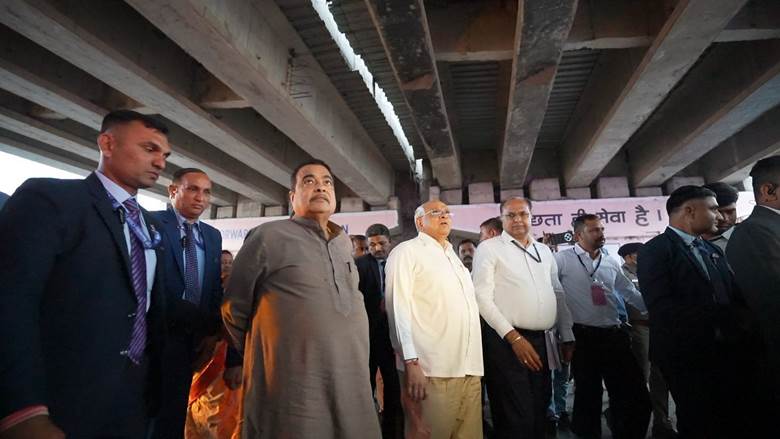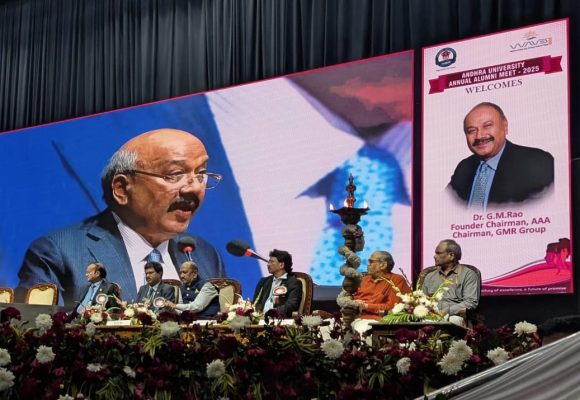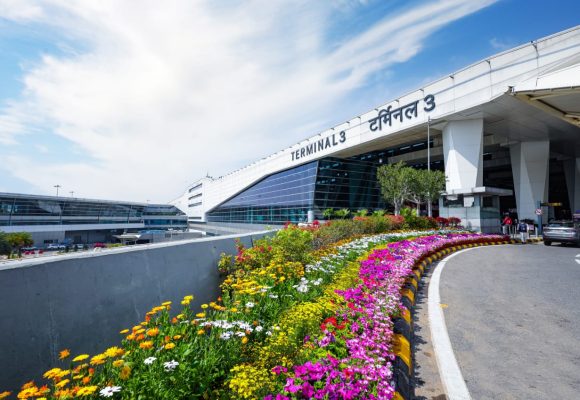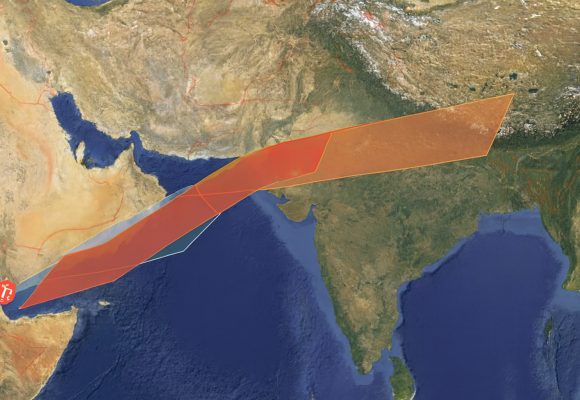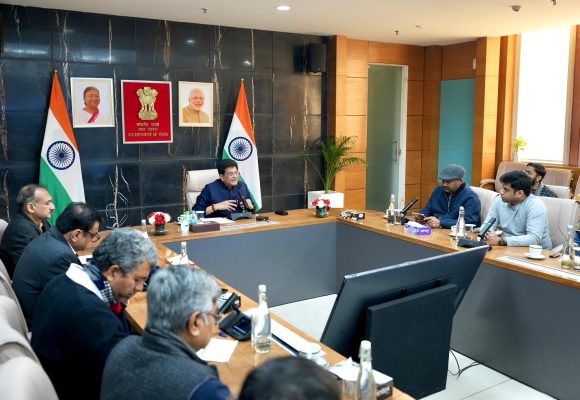Through this strategic partnership, NIA aims to hardwires resilience and cybersecurity into its operations from the ground up. Addressing a critical dimension of airport security, India’s upcoming mega‑airport has signed a landmark agreement to fortify its network and cybersecurity operations. Noida International Airport (NIA) announced a partnership with Tech Mahindra, the Pune‑headquartered global technology consulting and digital solutions provider, to establish and operate an integrated Network and Security Operations Centre (NOC‑SOC) for the airport. Through this strategic collaboration, NIA aims to embed a secure, resilient, and future‑ready technology ecosystem into its operations from inception. Christoph Schnellmann, CEO, NIA, said, “As...
SITA Strengthens India’s Digital Aviation Infrastructure as Passenger Growth Accelerates
India’s shift toward trusted digital identities, automated borders, real‑time baggage tracking and connected onward travel is accelerating as passenger volumes...
GM Rao Urges Andhra University Alumni to Drive Innovation, Entrepreneurship and India Growth Story
Chairman of the $3.5 billion airports‑to‑infrastructure GMR Group, Rao said such partnerships would be pivotal to India and Visakhapatnam’s rise. One...
AISATS Expands Nationwide, Launches Ground Handling at Cochin Airport with Future‑Ready Tech
The launch brings future‑ready technology, global safety standards, and sustainable solutions to one of India’s most strategic, high‑growth aviation hubs....

BSWH project to take off in Orissa
The Bundled Solar Water Heater (BSWH) project is likely to take off in Orissa soon.
New focus on water
Germany-headquartered industrial equipment maker Mann & Hummel, which is setting up a new manufacturing facility in Bawal, Haryana, has a new leader in India.




